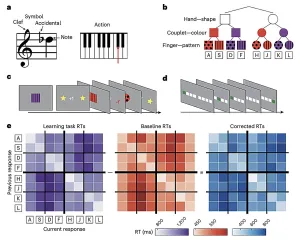NIH Study Uncovers Biomarkers Linked to Ultra-Processed Food Intake
A new study by researchers at the National Institutes of Health (NIH) has identified specific biomarkers in the body that are associated with the consumption of ultra-processed foods (UPFs). This research sheds light on how these foods impact our health on a molecular level.
What are Ultra-Processed Foods?
Ultra-processed foods are typically defined as industrial formulations made mostly from ingredients extracted from foods, derived from food constituents, or synthesized in laboratories. These often include:
- Added sugars
- Fats
- Salt
- Artificial colors
- Flavors
- Preservatives
Examples include packaged snacks, sugary drinks, processed meats, and ready-to-eat meals.
Key Findings of the NIH Study
The NIH study aimed to find measurable substances in the body (biomarkers) that could indicate the level of UPF consumption. Researchers discovered that certain metabolites and compounds in blood and urine samples were significantly elevated in individuals who consumed a diet high in UPFs. These biomarkers may reflect:
- Specific additives used in UPFs
- Byproducts of processing methods
- The body’s response to these foods
Potential Implications for Health
Identifying these biomarkers is a crucial step in understanding the harmful effects of UPFs. Elevated consumption of these foods has been linked to various health problems, including:
- Obesity
- Type 2 diabetes
- Cardiovascular disease
- Certain types of cancer
Future Research Directions
The NIH researchers emphasize that further studies are needed to validate these findings and explore the specific mechanisms by which UPFs impact health. Future research may focus on:
- Developing more precise biomarkers
- Investigating the long-term health consequences of UPF consumption
- Exploring potential interventions to reduce UPF intake
Final Words
This NIH study provides valuable insights into the link between ultra-processed foods and our health. By identifying biomarkers associated with UPF consumption, researchers are paving the way for a better understanding of the risks and potential strategies for promoting healthier eating habits.




+ There are no comments
Add yours